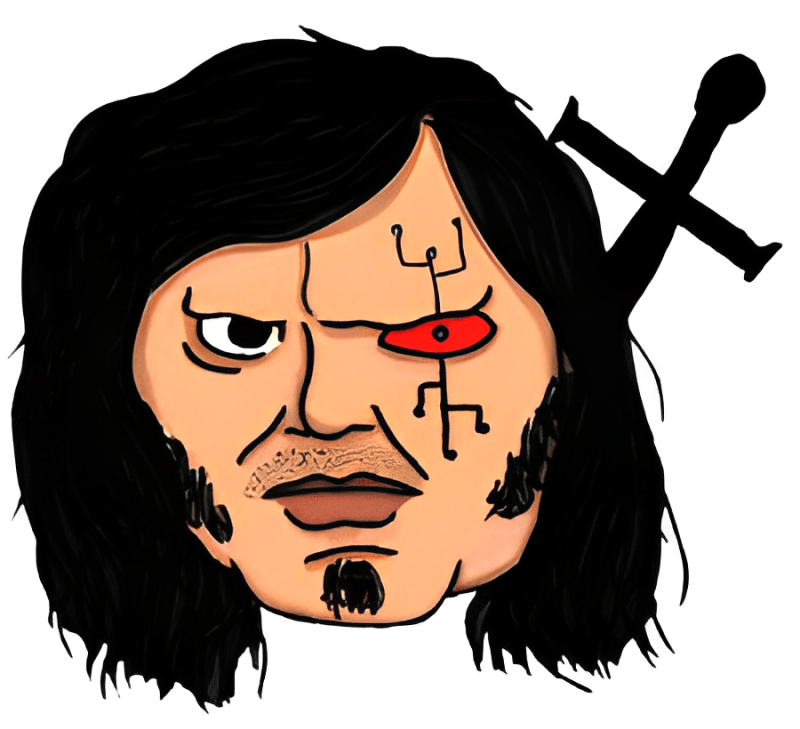The world of video gaming has always been a playground for creativity and imagination, but a rising wave of political correctness threatens to stifle this rich landscape. As developers are forced to navigate a minefield of potential controversies, the games themselves risk losing their originality, diversity, and charm.
The Impact of Censorship on Gaming
Gaming, a realm often tinged with hues of imagination and creativity, has increasingly been stifled by the shadow of censorship. This self-inflicted suppression stems from the industry’s fear of offending certain groups and has unfortunately become all too prevalent. Censorship doesn’t just nibble away at the game’s core story; it creates a stranglehold on the developers’ creative liberty.
We’ve seen time and again that games subject to this kind of censorship are served up with diluted content, missing the depth, authenticity, and rawness that were part of the original vision. This fear of triggering outrage often prevents developers from treading uncharted territories, making them renounce ideas that are risky, unique, or potentially groundbreaking. Instead of innovative and boundary-pushing concepts, we’re left with cautious and mundane ones. The industry’s focus on dodging controversies is slowly blurring the vibrant tapestry of video gaming.
The Suppression of Controversial Themes
Delving into the controversial isn’t simply about courting shock value—it’s often where the most compelling, powerful narratives are born. But when a culture of political correctness governs video gaming, these potentially transformative stories are often silenced before they even see the light of day. Too many game developers are veering away from hard-hitting themes in the name of avoiding potential outcry.
This overly cautious approach robs video games of their potential for significant cultural commentary. Games, much like films or novels, have the capacity to ignite thought-provoking conversations and challenge societal norms. By curtailing the exploration of controversial themes, the industry inadvertently stifles its ability to serve as a platform for meaningful dialogue.
Whether it’s confronting historical truths, delving into challenging political themes, or exploring complex moral dilemmas, video games have the capacity to navigate these waters in ways that are not just entertaining, but thought-provoking. Yet, the fear of causing offense can prevent these narratives from ever coming to fruition.
In an era where games could serve as a catalyst for discussions about societal issues, the suppression of controversial themes feels particularly limiting. By denying developers the freedom to fully explore these areas, we risk relegating video games to a realm of simplistic narratives and missed opportunities for deep, impactful storytelling.
The Perils of Over-Sanitization in Gaming
Over-sanitization in gaming is a rising concern and a direct consequence of the surge in political correctness. This trend involves meticulously cleaning a game of any elements that may be deemed offensive, often to the detriment of the game’s flavor and appeal. While the intention behind this process may be noble, the end product can suffer significant losses in terms of its emotional depth, complexity, and relatability.
Imagine playing a game devoid of challenges, complex characters, and intricate narratives; it can quickly veer into the realm of the uninspiring. Over-sanitization can lead to a landscape filled with games that fail to captivate players or evoke an emotional response. Such games may miss the mark in offering immersive experiences or impactful narratives, owing to their overly cautious and ‘safe’ approach.
The Diminishing of Artistic Freedom
Imagine an artist told what colors to use, what shapes to draw, and the exact image they must paint. This is the situation many video game developers find themselves in today. They are bound by a stringent set of guidelines and directives, all in the name of political correctness. The resultant shrinking of their creative playground curtails the industry’s inherent artistic freedom. This confinement can suppress innovation and discourage the birth of bold, pioneering ideas that could have otherwise transformed the gaming world. Developers must tread carefully, curbing their creative instincts to avoid potential pitfalls and controversies.
The continuous self-monitoring and self-censorship can lead to a lack of spontaneity and originality in their work, watering down potentially revolutionary concepts. This loss of artistic liberty, the ability to push boundaries, to experiment, to shock and to surprise, is a high price for the gaming industry to pay. An industry, which at its core, thrives on the fresh, the new, and the daring. Indeed, the overemphasis on political correctness could be stifling the very spirit that makes video games a vibrant, dynamic field of creative expression. The silencing of the artist’s voice within developers is a chilling reminder of the potential creativity and innovation we may miss out on if this trend continues unchecked.

The Paradox of Inclusion
Inclusion and representation have undoubtedly become industry watchwords. However, the zealous drive for diversity has also triggered unexpected side effects, resulting in what can be aptly described as the paradox of inclusion. The desire to be all-inclusive, while noble in intention, is placing game developers under significant stress. These pressures often lead to superficial character development or narratives that seem forced and inauthentic. The mere act of sprinkling diverse characters into a game to fulfill a quota doesn’t equate to genuine representation.
True diversity in gaming is about weaving a tapestry of complex, multidimensional characters and narratives that are handled with respect and are integral to the game’s storyline, not just haphazardly tossed in. The real challenge, and indeed the real opportunity, lies in designing games that authentically capture the essence of various cultures, identities, and experiences. Therefore, it’s essential to strike a balance between representation and authenticity, ensuring that the push for inclusion doesn’t inadvertently lead to tokenism or undermine the quality of storytelling in our games.
The Narrowing of Creative Expression
As the influence of political correctness takes a firmer hold on the video gaming industry, the artistic canvas available to developers shrinks in size. This growing concern is not just an issue of freedom, but also one of evolution. As a result, a sense of wariness and self-censorship has begun to pervade the gaming industry, stunting its growth and constraining the artistic liberties of its creators. The fear of inciting controversy or causing offense has unfortunately become a powerful deterrent, compelling game developers to tread carefully and play it safe.
Video games, much like any other form of art, have always had the capacity to challenge societal norms and reflect the complexities of our world. They have the power to evoke strong emotions, stimulate thought-provoking discussions, and provide unique insights into a multitude of perspectives. However, the tide of political correctness is steadily eroding this potential, shackling the industry to a monotonous routine of recycled ideas and predictable narratives.
At its core, this issue is more than just about managing sensitivities. It’s about the beauty of diverse storytelling and the freedom to explore a broad range of themes and concepts. When a culture of apprehension dictates the creative process, we lose the rich tapestry of experiences that make video games such a unique medium. The creative minds behind these games are essentially the storytellers of the modern age, and it is crucial that they feel empowered to weave narratives that resonate, challenge, and captivate, regardless of how unconventional or controversial they might be.






